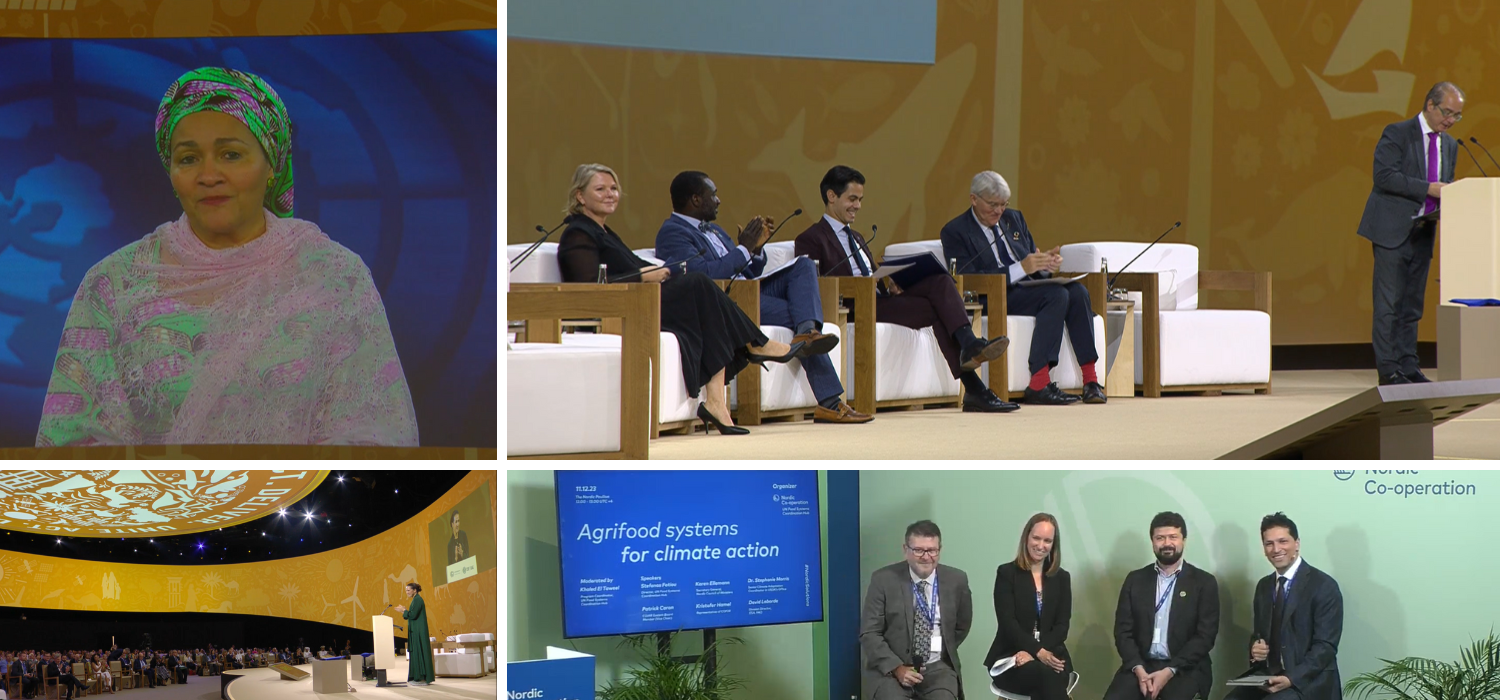SEED FUNDING JOINT PROGRAMMES
Jordan
Transforming Jordan's Agri-food System towards greater sustainability and resilience



PROJECT TITLE | Transforming Jordan's Agri-food System towards greater sustainability and resilience |
| Context | Since 2021, Jordan has placed food security and system at the forefront of its developmental goals with the adoption of the National Food Security Strategy (NFSS) for 2021–2030. The NFSS envisions access to safe, affordable, and nutritious food for all by 2030. The 2022-2024 National Food Security Action Plan for the implementation of the NFSS prioritizes food availability, improved access to and better utilization of food, and strengthening governance mechanisms. |
| PUNOs | FAO, UNIDO |
| Contribution to SDGs | SDG 2 Zero Hunger, SDG 8 Decent Work and Economic Growth |
| Contribution to other SDG transitions | Decent Jobs and Universal Social Protection |
| Duration | September 2024 – August 2025 |
| Expected financial leverage | USD 30,000 – co-financing from FAO, UNDO, MoA |
| Alignment with SG Call to Action | Policy integration; Food systems governance; Research, data, technology and innovation; Inclusive and participatory design; Private sector engagement; Financing |
| Outcomes | The JP strengthens the government’s capacity to identify and implement strategic programs that deliver positive outcomes across multiple dimensions of food systems, including production, post-harvest, processing and distribution. The JP emphasizes the inclusion of refugees, women and youth in food systems. |
| Partners |
|
| Outputs |
|
Advancing sustainable food systems and climate goals at COP28
The UN Food Systems Coordination Hub collaborates with the COP28 Presidency to advance sustainable food systems and support national efforts towards the SDGs and Paris Agreement targets.

In a year of strategic partnership between the UN Food Systems Coordination Hub and the COP28 Presidency, the Hub marked its inaugural participation at the 28th Session of the United Nations Conference of the Parties on Climate Change (COP28) held from November 30 to December 12, 2023, in Dubai, United Arab Emirates.
The COP28 Presidency has underscored the vital role of food systems in accelerating the Sustainable Development Goals (SDGs) and the Paris Agreement targets. The Food Systems and Agriculture Agenda, launched during the UN Food Systems Summit +2 Stocktaking Moment (UNFSS+2) in Rome, prioritizes key food systems objectives, including aligning national pathways and agricultural policies with Nationally Determined Contributions (NDCs) and National Adaptation Plans (NAPs) by 2025. The Hub played a pivotal role in advancing these objectives and was acknowledged as a key partner in implementing the Emirates Declaration on Sustainable Agriculture, Resilient Food Systems, and Climate Action, endorsed by 159 countries. Additionally, the Hub's new Convergence Initiative gained recognition as a critical step in transforming food systems in alignment with climate action in addition to supporting the COP28 UAE Declaration's implementation.
During COP28's "Food, Agriculture, and Water Day," the Hub co-organized several events emphasizing the vital role of food systems transformation in addressing climate change. For more information, please refer to the Hub’s COP28 webpage.
This year’s COP marked a significant milestone in global efforts to address the crucial interplay between climate change and food systems. As the world faces the growing challenges posed by climate change, it is increasingly evident that transforming food systems is not merely a component but a linchpin in achieving a sustainable and climate-resilient future.
The Hub will continue to play its role, in cooperation with the COP29 Presidency in Azerbaijan, and the COP30 Presidency in Brazil, to ensure that food systems challenges are addressed and to support National Convenors in transforming their food systems to be healthy, sustainable, and resilient.
